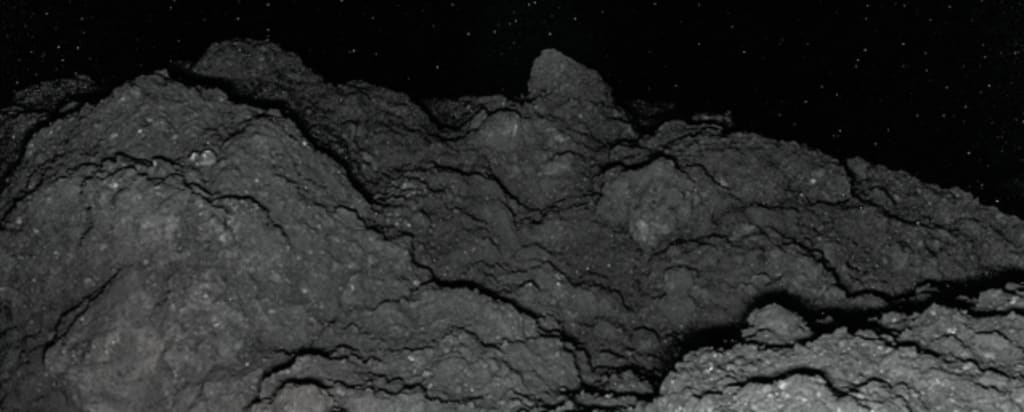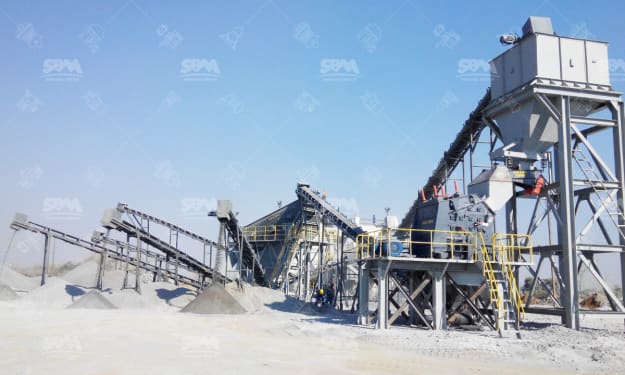Asteroid Ryugu Was Once a Planet Forming in The Outer Reaches of Our Solar System
Discover How Ryugu's Origins Offer Clues to The Formation of Our Solar System

Asteroid Ryugu has long been a subject of fascination for astronomers and space enthusiasts alike. In recent years, scientists have discovered that Ryugu was once a planet forming in the outer reaches of our solar system. This exciting discovery has opened up new avenues for research into the formation of our solar system and the origins of life on Earth.
Ryugu is a small, diamond-shaped asteroid that orbits the sun between Earth and Mars. It is believed to be one of the oldest objects in our solar system, dating back some 4.6 billion years. In 2018, the Japanese spacecraft Hayabusa2 traveled to Ryugu and collected samples from its surface, providing scientists with a rare opportunity to study the asteroid up close.
Analysis of the samples has revealed that Ryugu was once a planetesimal, a small planet forming in the outer reaches of our solar system. This is significant because it offers new insights into the formation of our solar system and the conditions that existed billions of years ago.
Scientists believe that Ryugu was formed from the dust and gas that accumulated in the early solar system. As the planetesimal grew larger, it began to develop its own gravitational field, which allowed it to attract even more material. Over time, Ryugu grew to be about 1 kilometer in diameter before it was disrupted by a catastrophic event, which caused it to break apart into the asteroid that we see today.
One of the most significant discoveries about Ryugu is that it contains organic matter, which is believed to be one of the building blocks of life. This suggests that the conditions for life may have existed in the early solar system, and that life may have originated elsewhere in the universe before being transported to Earth.
The study of Ryugu is also important because it offers new insights into the formation of our own planet. Scientists believe that Earth was formed from the same dust and gas that created Ryugu and other planetesimals in the early solar system. By studying Ryugu, scientists can gain a better understanding of the conditions that existed during this time and how they contributed to the formation of our planet.
Ryugu is a particularly interesting object to study because it is believed to have remained relatively unchanged since the early days of the solar system. Unlike larger planets like Earth, which have undergone significant changes over time due to geological activity, Ryugu is a small, rocky body that has remained essentially frozen in time.
This means that studying Ryugu can provide us with valuable insights into the early stages of the solar system's history. By analyzing the asteroid's composition and structure, scientists can gain a better understanding of how the solar system formed and evolved over time.
One of the most exciting discoveries about Ryugu is the presence of organic matter on its surface. This organic matter is believed to have been formed by chemical reactions that occurred in the early solar system,It could provide clues to the origins of life on Earth.
The study of Ryugu is also important for the future of space exploration. As we continue to push the boundaries of space exploration and development, asteroids like Ryugu are likely to play an increasingly important role. These asteroids contain valuable resources that could be used to support future space missions, including water, metals, and other materials.
Asteroid mining is still in its early stages, but there is growing interest in the potential of these resources. Companies like Planetary Resources and Deep Space Industries are already working on developing the technology and infrastructure needed to mine asteroids like Ryugu, and it is likely that more companies will follow in the years to come.
Overall, the study of Ryugu is an exciting development in our ongoing exploration of the solar system and beyond. By analyzing this small, diamond-shaped asteroid, scientists can gain new insights into the history of our solar system, the origins of life on Earth, and the potential of asteroids for future space exploration and development. As we continue to study Ryugu and other asteroids, we can expect to learn even more about the universe around us and our place within it.
In addition to its scientific significance, Ryugu is also an important target for asteroid mining. The asteroid is believed to contain valuable resources such as water and precious metals, which could be used to support future space missions. Companies such as Planetary Resources and Deep Space Industries have expressed interest in mining asteroids like Ryugu in the future.
In conclusion, the discovery that asteroid Ryugu was once a planet forming in the outer reaches of our solar system is a significant development in our understanding of the formation of our solar system and the origins of life on Earth. The study of Ryugu offers new insights into the conditions that existed billions of years ago and how they contributed to the formation of our planet. It also offers exciting opportunities for asteroid mining and the exploration of our solar system. As scientists continue to study Ryugu and other asteroids, we can expect to learn even more about our universe and our place within it.
About the Creator
Anthony Gatimu
Being a writer,It requires constancy, discipline, and vulnerability.But inside that weakness lies your most noteworthy strength, for it is through your weakness that you interface with perusers on a significant level.






Comments
There are no comments for this story
Be the first to respond and start the conversation.